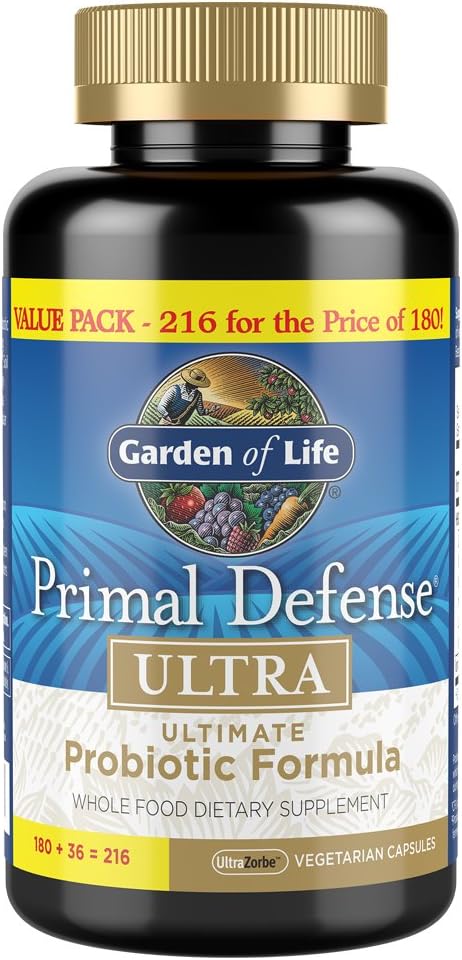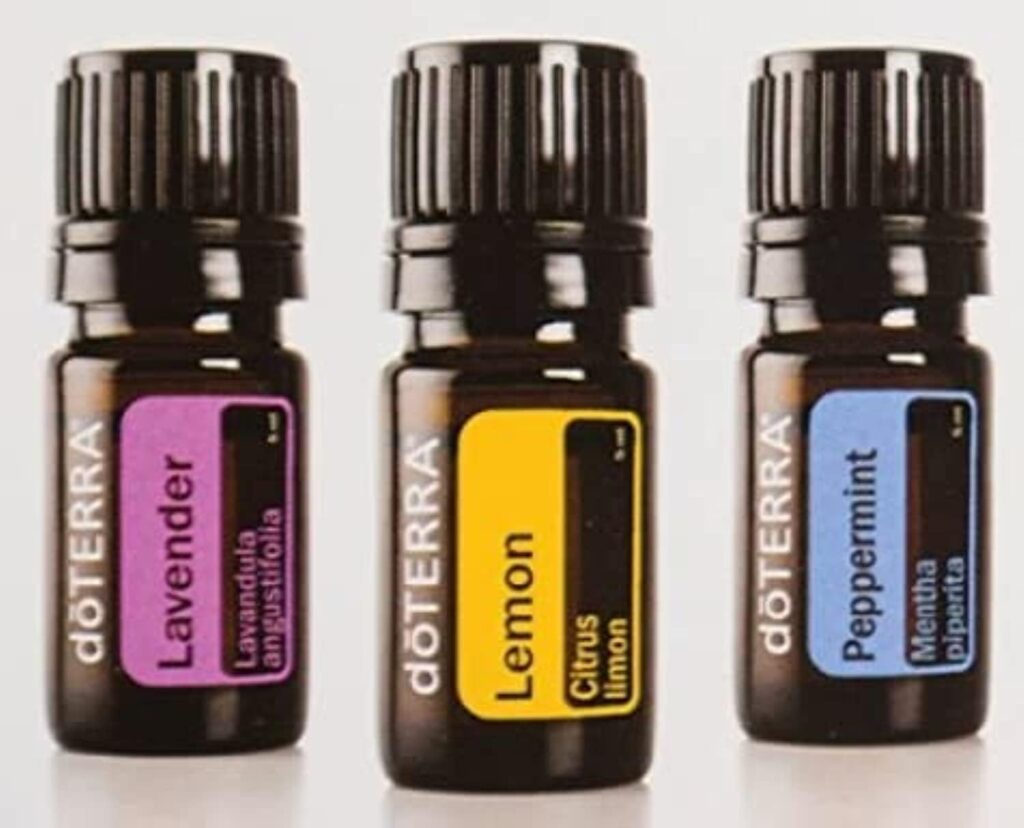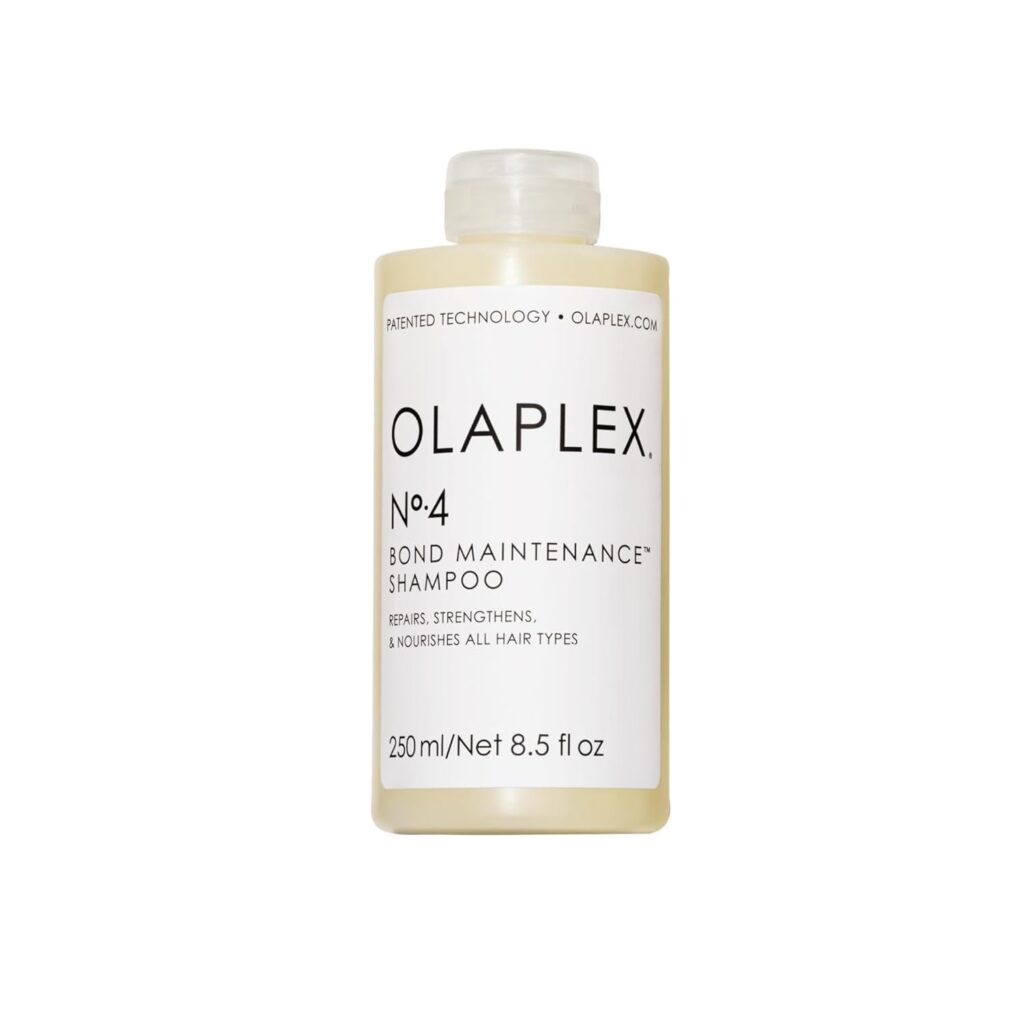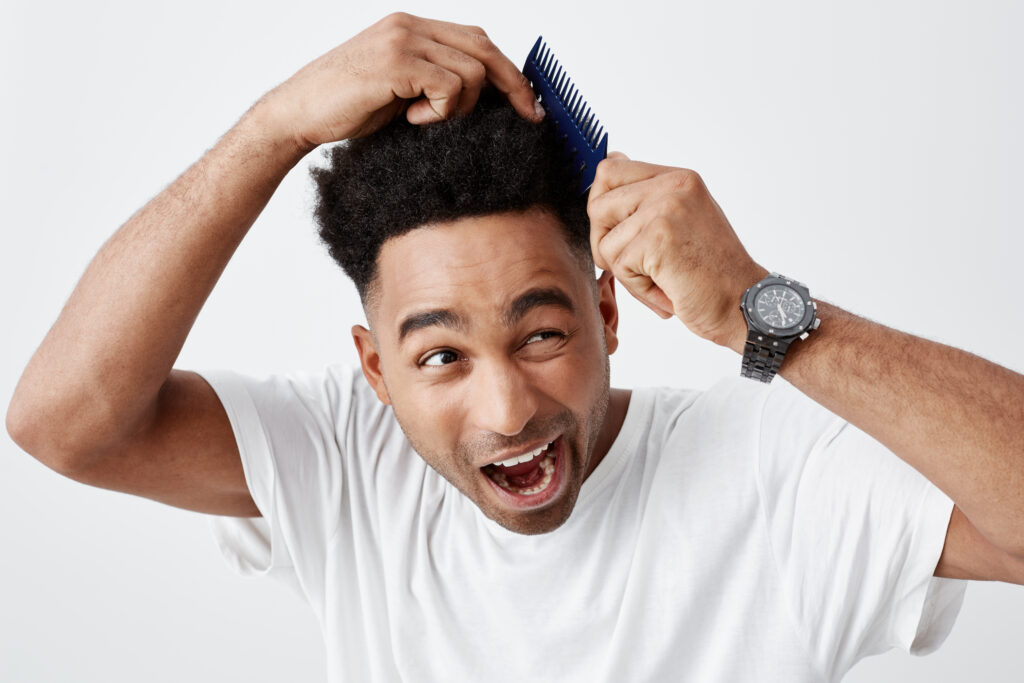Your scalp is the foundation of healthy, vibrant hair. Neglecting its care can lead to dryness, dandruff, hair thinning, and even permanent hair loss. Whether you’re battling a flaky scalp, excess oil, or simply aiming for stronger strands, this guide merges cutting-edge science with everyday solutions to transform your hair from the roots up.
Understanding Scalp Health: Why It Matters
The scalp is more than just skin—it’s a dynamic ecosystem housing hair follicles, sebaceous glands (which produce sebum), and a delicate microbiome. When balanced, these components work together to nourish hair growth and maintain moisture. However, disruptions like inflammation, nutrient deficiencies, or environmental stressors can wreak havoc.
Key Science Insights :
- Chronic Inflammation : Pro-inflammatory cytokines (e.g., IL-6) disrupt hair growth cycles, pushing follicles into the resting (telogen) phase. This leads to shedding and thinning (Jaworsky et al., 1992; Peyravian et al., 2020).
- Microbiome Balance : An imbalance in scalp bacteria or fungi (e.g., Malassezia ) can trigger dandruff, seborrheic dermatitis, or even alopecia areata.
- Hair Follicle Damage : Conditions like lichen planopilaris cause scarring and permanent hair loss, emphasizing the need for early intervention.
Practical Takeaway :
A healthy scalp = strong hair. Prioritize gentle care, nourishment, and targeted treatments to keep your hair’s foundation thriving.
Common Scalp Issues & How to Fix Them
1. Dandruff & Dryness
- Science : Caused by yeast overgrowth (Malassezia ), sensitivity to hair products, or dry skin.
- Fix : Use shampoos with salicylic acid (exfoliates dead skin) or tea tree oil (antifungal). note: salicylic acid reduces flakiness by unclogging follicles.
2. Oily Scalp
- Science : Overactive sebaceous glands produce excess sebum, clogging follicles and attracting bacteria.
- Fix : Opt for sulfate-free shampoos (gentler cleansing) and clay masks (absorbs oil). apple cider vinegar rinses to balance pH.
3. Scalp Acne
- Science : Clogged pores from styling products or sweat lead to pimples.
- Fix : Avoid heavy oils and wash hair post-workout. Use non-comedogenic products (won’t clog pores).
4. Inflammation & Hair Loss
- Science : Chronic inflammation (from stress, autoimmune disorders, or infections) damages follicles. Article 1 highlights Lactobacillus probiotics’ role in reducing telogen hairs.
Key Ingredients for Scalp Care
1. Probiotics & Prebiotics
- Science : Probiotics like Lactobacillus plantarum reduce inflammation and rebalance the scalp microbiome. Prebiotics (e.g., inulin) feed beneficial bacteria.
- Products : Look for serums or shampoos with probiotics (e.g., Bifidobacterium lactis).

Supports gut-skin axis health, reducing inflammation linked to hair loss
2. Omega-3 Fatty Acids
- Science : Omega-3s reduce cytokine production, calming inflammation and strengthening hair (Article 1).
- Sources : Fatty fish (salmon, mackerel), flaxseeds, and walnuts.
3. Antioxidants (Vitamins C & E)
- Science : Neutralize free radicals that damage follicles. Article 1 notes antioxidants improve keratin production.
4. Essential Oils
- Science : Lavender and peppermint oils boost circulation. Peppermint oil stimulates hair growth without irritation (2014 study).
- DIY Tip : Mix 2 drops of peppermint oil with 1 tbsp of carrier oil (e.g., coconut oil) and massage into the scalp.
Daily Habits for a Healthy Scalp
1. Scalp Massage
- Science : A 2016 study found 4-minute daily massages increased hair thickness by 15%. Mechanical stress activates dermal papilla cells.
- How-To : Use fingertips or a handheld massager in circular motions for 2–5 minutes.

Promote circulation and scalp health.
2. Gentle Cleansing
- Science : Over washing strips natural oils, worsening dryness. Medics warns hot showers exacerbate transepidermal water loss (TEWL).
- Routine : Wash 2–3x/week with lukewarm water. Use sulfate-free shampoos (e.g., Living Proof No Frizz).
3. Heat Styling Caution
- Science : Excessive heat damages the scalp’s lipid barrier. Always use a heat protectant spray.
Diet & Lifestyle: Fueling Scalp Health
Nutrient Powerhouse :
- Iron & Zinc : Deficiencies cause telogen effluvium (shedding). Boost intake with spinach (iron) and pumpkin seeds (zinc).
- Biotin : Supports keratin production. Found in eggs, almonds, and sweet potatoes.
- Hydration : Drink 8–10 glasses of water daily to prevent dryness.
Gut-Scalp Connection :
- Priortize gut-skin axis. Probiotics (e.g., yogurt, kefir) and prebiotic-rich foods (bananas, onions) improve scalp health.
Stress Management :
- Chronic stress spikes cortisol, triggering telogen effluvium. Practice yoga, meditation, or deep breathing to reduce cortisol levels.
DIY Scalp Treatments
1. Coconut Oil + Honey Mask
- Benefits : Coconut oil moisturizes; honey’s antimicrobial properties soothe irritation.
- How : Mix 2 tbsp coconut oil + 1 tbsp honey. Apply to scalp, leave 30 mins, then shampoo.
2. Aloe Vera + Lemon Rinse
- Benefits : Aloe soothes inflammation; lemon balances pH.
- How : Blend ½ cup aloe vera gel + 1 tbsp lemon juice. Apply after shampooing.
3. Coffee Grounds Exfoliant
- Benefits : Stimulates circulation and removes buildup.
- How : Mix 2 tbsp coffee grounds with 1 tbsp olive oil. Gently scrub scalp, then rinse.
When to Seek Professional Help
Persistent issues like severe dandruff, scarring, or sudden hair loss warrant a dermatologist or trichologist highlights:
- Low-Level Light Therapy (LLLT) : Stimulates follicles with red light (655nm wavelength).
- Platelet-Rich Plasma (PRP) : Injections of your own blood plasma to promote growth.
Seasonal Scalp Care
Winter :
- Problem : Dry air and heating systems strip moisture.
- Fix : Use humidifiers and hydrating serums with ceramides.

Repairs hair bonds and addresses scalp health issues like dryness or damage. Ideal for audiences dealing with chemical-treated or fragile hair
Summer :
- Problem : Sweat and UV rays cause buildup and sunburn.
- Fix : Wear hats and use SPF-infused leave-in conditioners.
Spring/Fall :
- Problem : Allergens and humidity shifts.
- Fix : Exfoliate with AHAs/BHAs to unclog follicles.
Conclusion: Your Scalp, Your Secret to Radiant Hair
Healthy hair starts with a healthy scalp. By merging science-backed strategies (like probiotics and omega-3s) with practical habits (scalp massages, seasonal adjustments), you can create an environment where hair thrives. Remember: Consistency is key. Whether you’re dealing with dryness, dandruff, or thinning, a holistic approach—combining nutrition, gentle care, and targeted treatments—will unlock your hair’s full potential.
Final Tip : If issues persist, consult a professional. Scalp health is too vital to guesswork!
Disclaimer : This post is for educational purposes and not a substitute for medical advice. Always patch-test DIY treatments and consult a dermatologist for chronic concerns.


